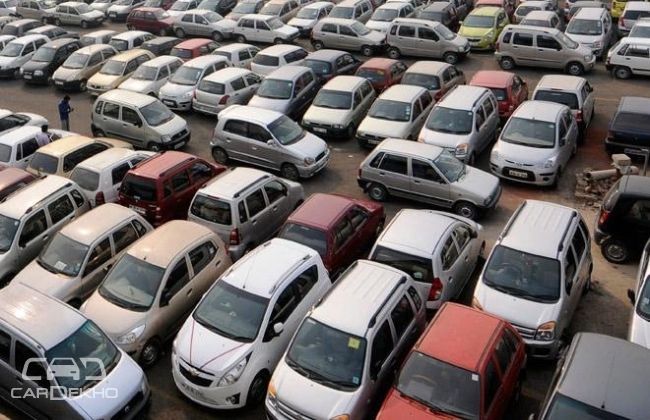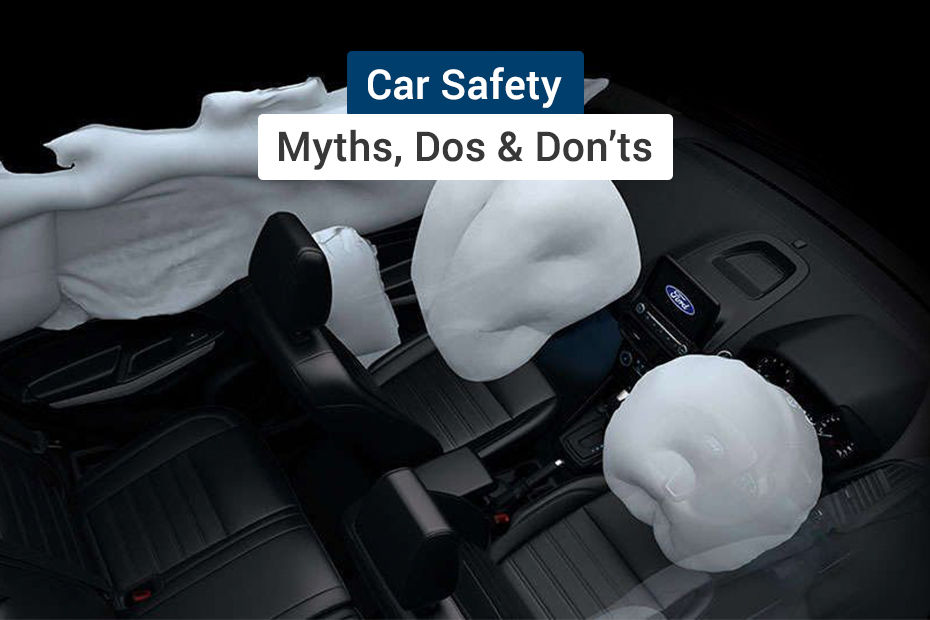Budget 2017 – Little To Affect The Auto Industry
Modified On Feb 01, 2017 07:21 PM By Tushar
- Write a comment
The finance minister has announced that major indirect tax changes will be held off till the GST rollout

The highly anticipated 2017 Budget announcement has included little to affect either carmakers or car buyers. The reason? Since the goods and services tax (GST) will be implemented soon (expected from the beginning of fiscal year 2017-18), the government has opted against the implementation of an interim policy since its impact would be temporary.
However, there are some highlights of relevance to YOU, the Indian car buyer. Here’s a look at a glance:
- As per the recommendation of the Special Investigation Team (SIT), the government has set the upper limit on cash transactions at Rs 3 lakh. This could have an adverse impact on car sales in the short term, as buyers, particularly in semi-urban/rural India do purchase cars directly, using cash. In fact, post demonetization, used car sales dipped significantly (around 60 per cent), while new car purchases also dropped (around 40 per cent). However, post demonetization, cashless transactions have increased, which could see the negative impact of cash scarcity in the sector subside soon.
- Rs 2,41,387 crore has been allocated for the transport sector. This will include the development of India’s rail, road and shipping sectors in order to improve connectivity. The investment in this sector will be crucial for improving India’s utilization of inland waterways.

- 2,000km of coastal roads have been ‘identified’ to improve the connectivity among India’s ports and coastal economic zones.
- For the improvement of India’s national highway network, the investment has been increased from Rs 57,676 crore to Rs 64,000 crore.

Overall, while there are a few important takeaways from Budget 2017, the significant share of the impact will be seen only after the implementation of GST. For now, all car segments, including sub-4 metre vehicles and electric vehicles, will see no immediate impact from the budget declaration and will continue to fall into the prevailing tax structures.
Industry Reacts
Given below are excerpts from the statements issued by a few car manufacturers in India.
"One of the focal decisions that the automotive sector was looking forward to from this budget was the GST roll-out, and how different vehicle categories will be taxed. Another area which deserved attention was the vehicle scrappage policy. A clear roadmap on these policies would have given a boost to the industry. Although the budget didn’t have much for the automobile sector, we are hopeful for some pro-business policies on a continual basis to benefit the industry.", said Sumit Sawhney, CEO and MD, Renault India.
Guillaume Sicard, president, Nissan India said, "The income tax rate cut from 10 per cent to 5 per cent for individual tax-payers earning under 5 lakh per annum will create a positive sentiment among likely first time buyers for entry-level and small cars. However, there is nothing substantial for R&D for automotive industry, EV and Hybrid vehicles, which is a dampener. We look forward to the implementation of GST for the automotive sector in the months to come to offer the much-needed stimulus to the auto industry and encourage buyer sentiment and consumer confidence.”
Tom von Bonsdorff, MD, Volvo Auto India said, “The union budget measures to incentivise and promote infrastructure augurs well for the economy and the auto sector. The focus on boosting of rural demand is also encouraging. While it was anticipated that there won’t be any major changes in existing indirect taxes in this budget in view of impending GST implementation, any measures to promote green technology would have given customers more options of environment-friendly vehicles.”
What’s your take on #Budget2017 and what expectations did you have? Share your thoughts with us in the comments!















